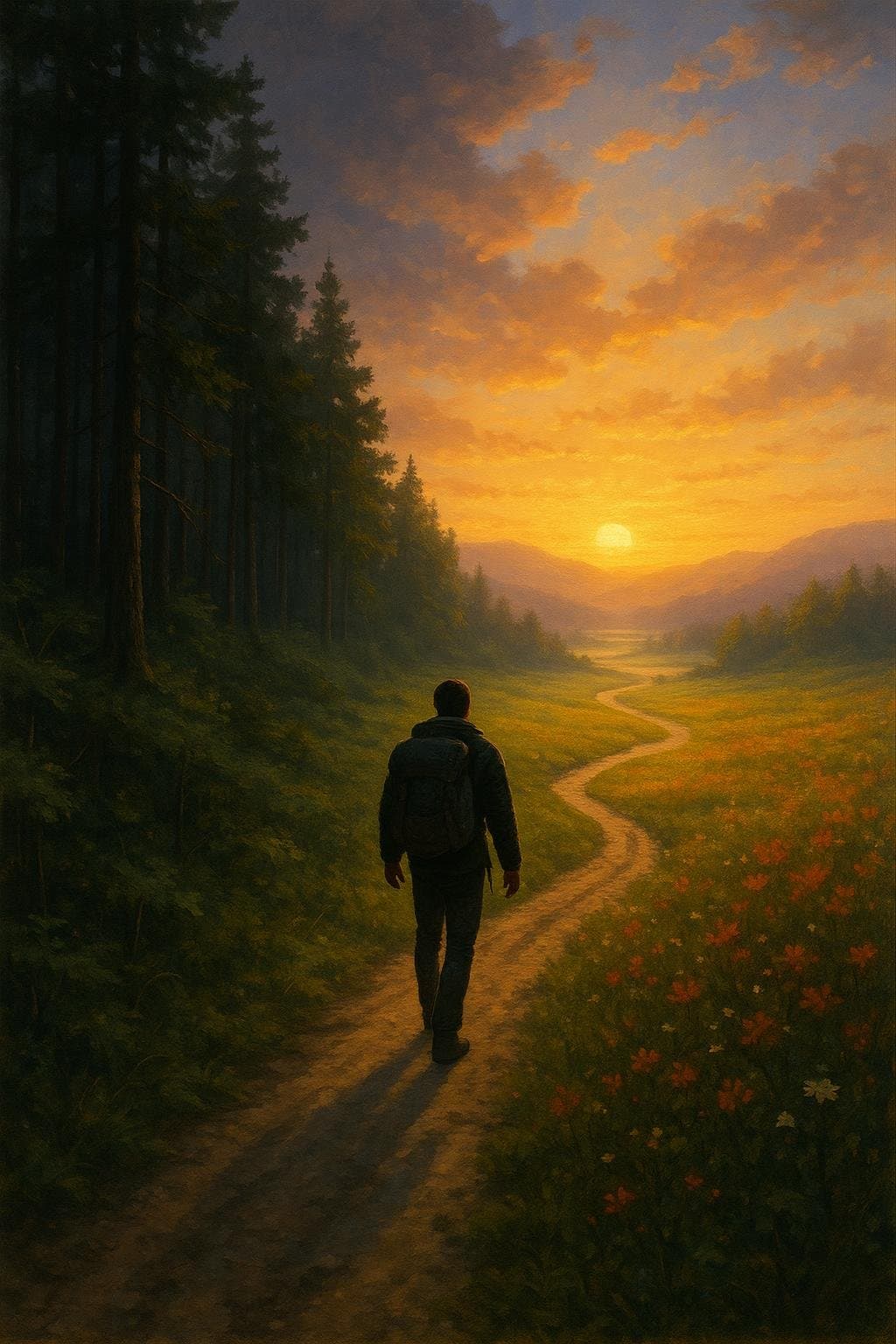The Unavoidable Journey of Self-Discovery

Not I, nor anyone else can travel that road for you. You must travel it by yourself. — Walt Whitman
Whitman’s Call for Individual Responsibility
Walt Whitman’s words remind us that life’s most meaningful journeys are ones we face alone. Although guidance and support are valuable, Whitman asserts that personal growth, understanding, and fulfillment are not things others can bestow upon us. His poetry, particularly in 'Leaves of Grass' (1855), celebrates the uniqueness of every individual’s path, encouraging readers to step into the unknown with courage and authenticity.
The Significance of the Solitary Path
Building on Whitman’s message, the notion of an untraveled road symbolizes each person’s unique experiences and choices. In literature, Robert Frost’s ‘The Road Not Taken’ (1916) also explores how our decisions shape us, but Whitman emphasizes ownership—accepting that we alone must walk our own journeys. This sense of agency can be daunting, yet it is ultimately empowering.
Learning Through Personal Experience
Furthermore, only through firsthand experience do we acquire true understanding. Advice, no matter how well-meaning, cannot substitute for lived moments and lessons. Philosophers like Søren Kierkegaard stressed the need for subjectivity in personal truths, arguing that embracing uncertainty is essential for authentic growth. Whitman’s stance aligns naturally with this existential view.
Community Versus Individuality
While the road must be traveled alone, Whitman does not discourage community or companionship. Rather, his work suggests that genuine connections are formed when individuals bring their most authentic selves to the collective. Just as travelers may share a path temporarily, ultimate meaning and direction must be discovered independently, reinforcing the interplay between solitude and solidarity.
The Ongoing Nature of Self-Realization
Finally, Whitman’s insight speaks to the evolving nature of self-discovery. Each stage of life presents new roads and choices, reminding us that the journey of becoming oneself is never truly finished. His poetry encourages us to greet each challenge with openness, knowing that while others may cheer us on, only we can set our own pace and purpose.